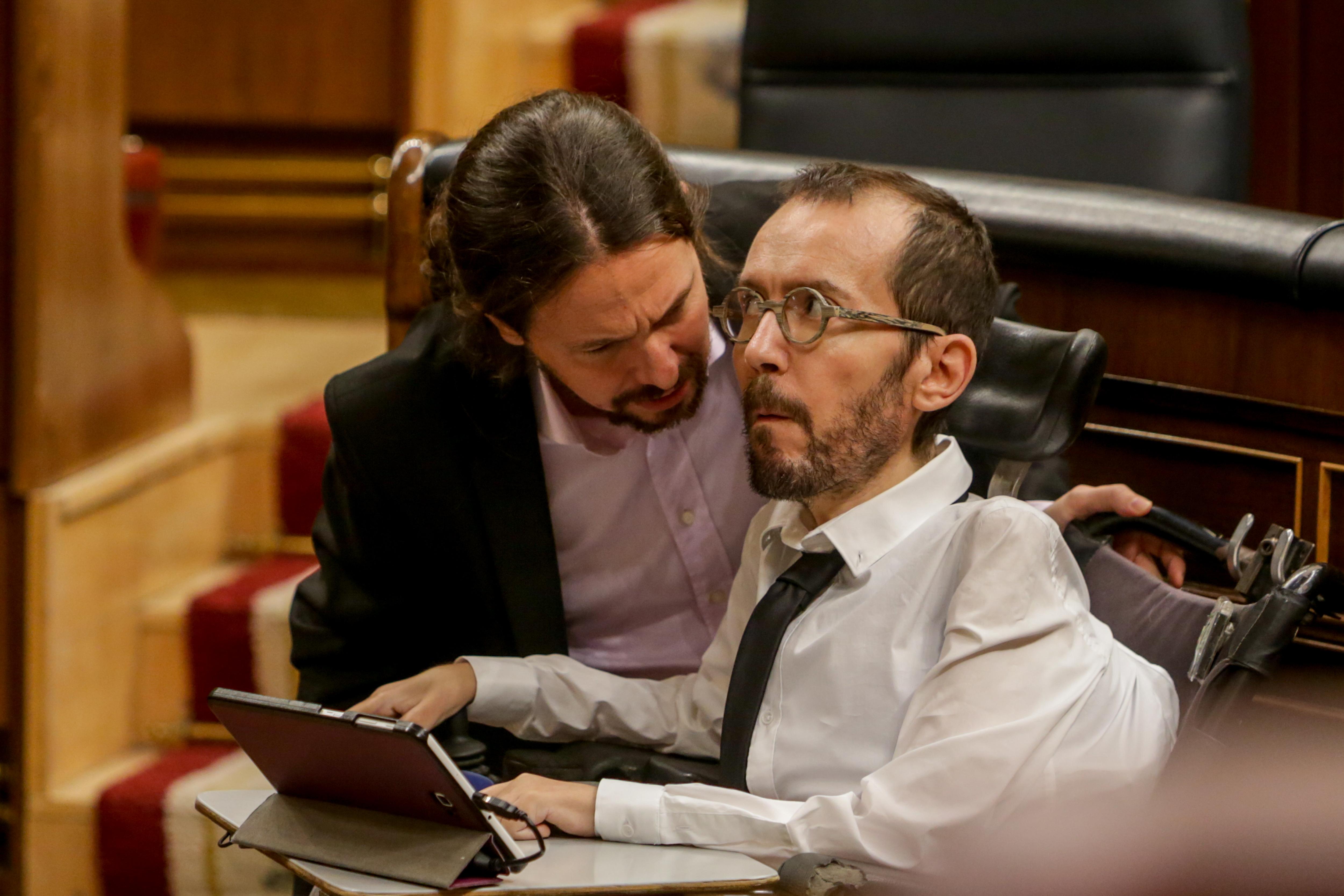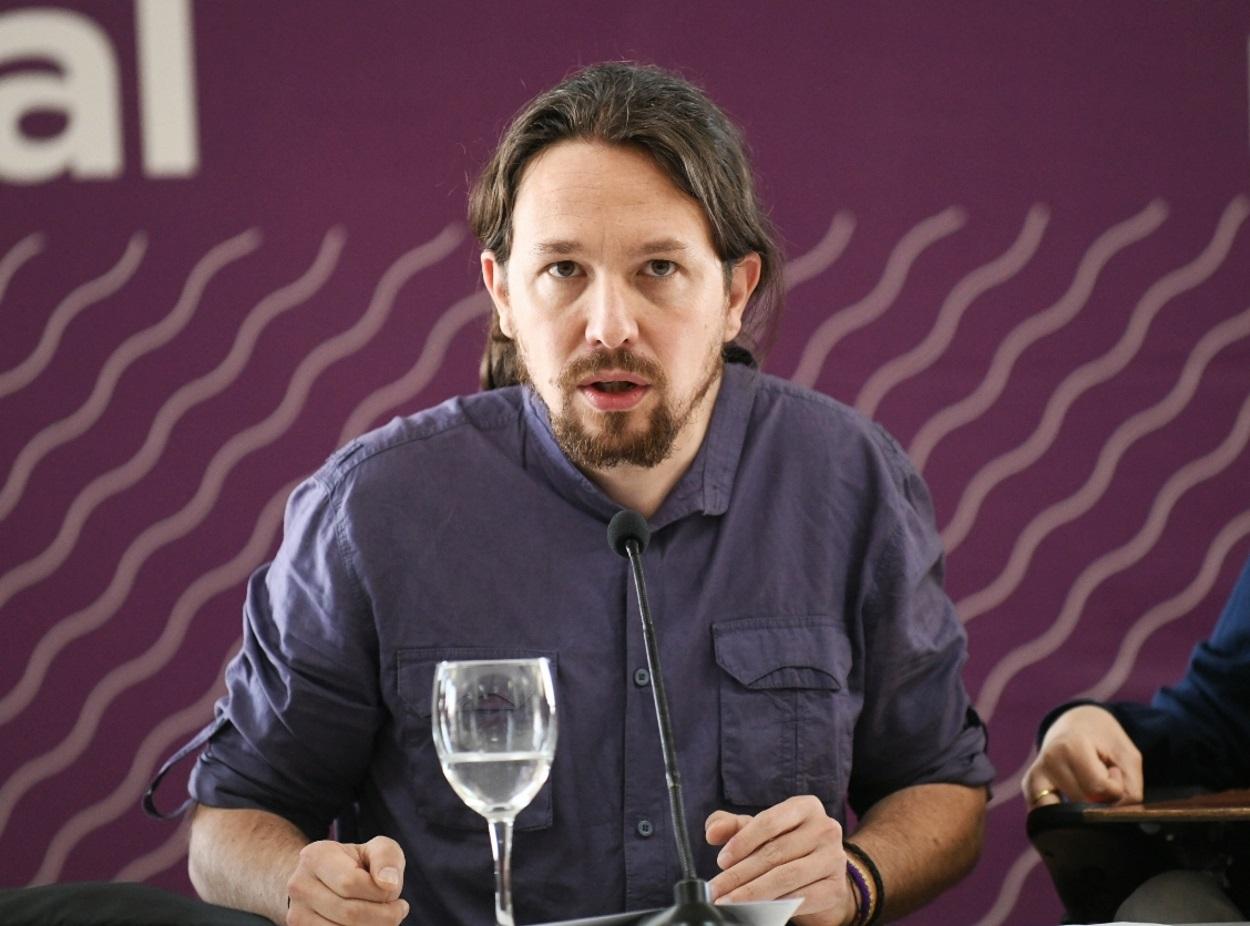

The fall of the Soviet bloc was an enormous boost for the Washington Consensus, but also for the preponderance of finance capital within the European Union. If the Cold War generated Eastern-bloc satellite states devoid of any real sovereignty, it also opened up space for anti-colonial movements to defy us hegemony, and helped to buttress welfare states and the extension of social rights in the West.įrom the 1970s, Washington and the other Western powers wagered on a new set of policies to address the gathering problems of their economies: beating back trade unions, empowering financial sectors, privatizing public assets and accelerating the relocation of production to low-wage zones, along with the establishment of the fiat-dollar system. In the post-war period, the ussr represented a real counter-weight to us interventionism. The Russian and Chinese revolutions proved incapable of combining economic redistribution with democracy, but produced undeniable advances in modernization and industrialization Soviet military strength, primarily responsible for the defeat of Nazism, was also proof of economic development. After 1945, social programmes in the advanced-capitalist countries brought a limited redistribution of wealth and higher living standards for major sectors of the working class, especially where trade unions were strong.

footnote 1 Hobsbawm’s ‘short century’, from the Bolshevik Revolution to the fall of the Berlin Wall, saw the horrors of fascism, war and colonial violence, but was also an age of hope and social progress. On the eve of the May 2015 Spanish regional elections, Iglesias sets out the strategic thinking behind Podemos and, below, responds to nlr’s questions about the project.įaced with the unprecedented political situation created by the Eurozone crisis, our starting-point was a recognition of the twentieth-century left’s defeat, already registered by nlr. Disputar la Democracia (2014) was a tightly written manifesto excoriating the corruption of Spain’s political order as consubstantial with a development model based on real-estate speculation. Iglesias read law, then politics and film studies moving from post-autonomism-his doctoral dissertation was Multitude and Collective Post-National Action -to Gramscian cultural criticism: Machiavelli before the Big Screen (2013) offers readings of A Few Good Men, Dogville, Katyn´, Ispansi, Amores Perros and Kubrick’s Lolita through the lenses of Gramsci, Said, Agamben, Wallerstein, Brecht, Harvey, Butler. Pablo Iglesias, Podemos general secretary, was born into a leftist madrileño family in 1978, and cut his teeth as a schoolboy activist in the pce. The hands-on confidence gained working with radical governments in Bolivia, Ecuador or Venezuela helps explain the audacity of their bid to mobilize the discontent of the indignados in a national political project. Intellectuals and publicists, they were radicalized in the nineties, amid swirling currents of Negrian political theory and alter-globalism their presentational skills were first honed on community tv. The core group of Complutense University lecturers who founded Podemos in 2014 are thirty years younger than M5S’s directors. In generation and formation, too, the leaderships are quite distinct.

Unlike the Five Stars, however, Podemos has a mass protest movement behind it: the May 2011 indignado occupations and the two years of direct action against evictions and cuts that followed. In Greece, Troika management has forced the Syriza government to confront the German-led Eurozone regime head-on for Spain’s Podemos and Italy’s Five Star Movement, the principal target is still the national system and its ruling order, which both call ‘the Caste’. In Italy and Spain, however, anti-austerity parties have been set up from scratch-the first mass-based left parties to be founded anywhere since the Brazilian pt in 1982. For the most part, popular anger has found expression through existing anti-establishment parties: ukip and the Front National in England and France, the snp and Sinn Féin in Scotland and Ireland, Syriza in Greece.

The discredited centre lefts of the Socialist International have been deserted by their core electorates, who have shifted both to the right and to the left. As emergency policies have hardened into a new political order, Europe’s two-party system has come under increasing strain.


 0 kommentar(er)
0 kommentar(er)
